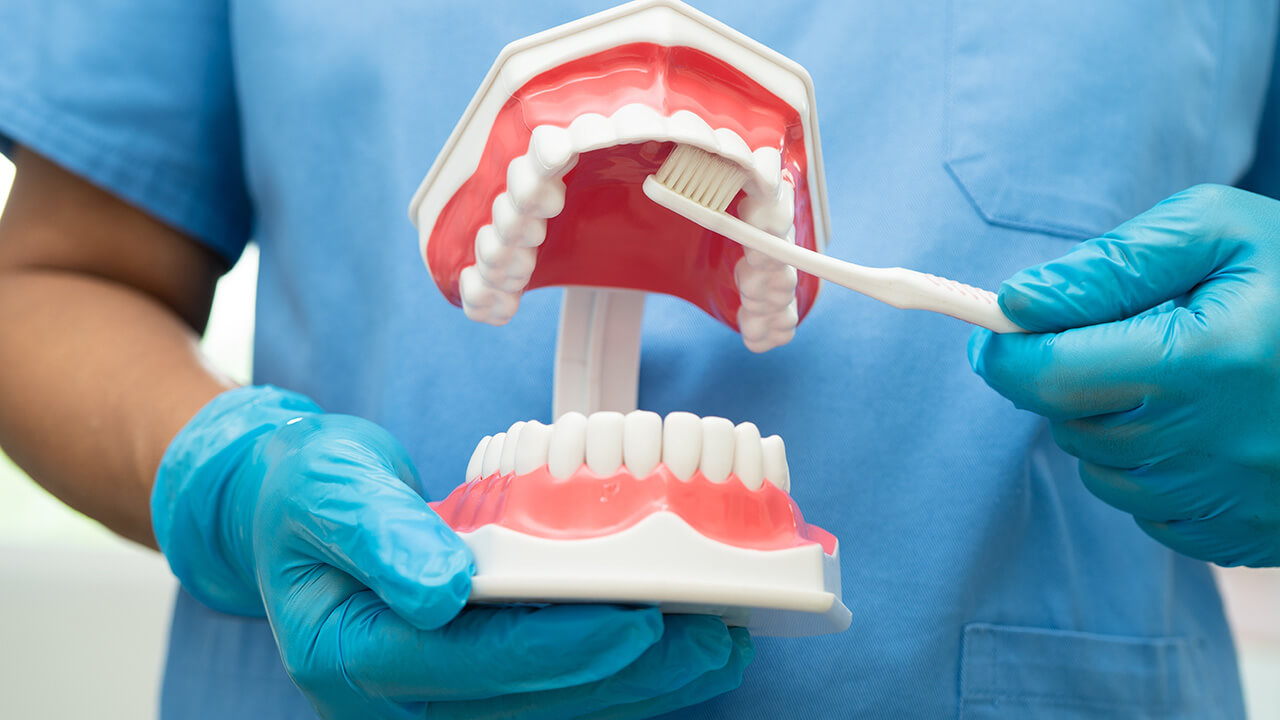The Expanding Role Of Nutrition Counseling In Clinics

Nutrition counseling in clinics is transforming the way you approach health. It provides a clear path to better wellness, focusing on what you eat. You find that good nutrition isn’t just about maintaining weight. It helps prevent chronic diseases, boosts your immune function, and improves mental health. In clinics, nutrition counseling offers personalized guidance tailored to your needs. You work alongside experts who understand the profound impact of nutrition on overall well-being. This guidance isn’t limited to hospitals or specialist centers anymore. It also reaches diverse settings, including unique collaborations like veterinarian Princeton initiatives, where nutrition plays a role in animal health too. You discover that integrating nutrition counseling into routine care leads to better outcomes. Clinics prioritize this aspect, recognizing its importance in preventive care. You can trust that investing time in understanding nutrition can significantly improve your life quality and longevity. Remember, health isn’t just about medicine.
What You Gain from Nutrition Counseling
Nutrition counseling empowers you to make informed food choices. Clinics offer access to registered dietitians who create personalized plans. These plans consider your medical history, lifestyle, and personal preferences. You gain confidence knowing you have a support system to guide you through dietary changes.
When you prioritize balanced meals, you notice changes in energy levels. Eating a variety of foods provides essential nutrients that keep your body functioning well. The U.S. Department of Agriculture provides helpful resources to understand these nutrients better.
Nutrition and Chronic Diseases
Nutrition counseling plays a crucial role in managing chronic diseases. Whether you’re dealing with diabetes, heart disease, or hypertension, the foods you eat impact your condition. A counselor helps you identify foods that stabilize blood sugar and support heart health.
Here is a table to help you understand how nutrition impacts chronic diseases:
| Disease | Impact of Poor Nutrition | Benefits of Good Nutrition |
|---|---|---|
| Diabetes | Increased blood sugar spikes | Stable blood sugar levels |
| Heart Disease | Higher LDL cholesterol | Improved heart health |
| Hypertension | Higher blood pressure | Reduced blood pressure |
Nutrition Counseling for Mental Health
Nutrition doesn’t just affect your body. It also influences your mind. Nutrient-rich foods provide the building blocks for brain chemicals. When you eat well, you notice improvements in mood and cognitive function. Research from the National Institutes of Health has shown the connection between diet and mental health.
For example, omega-3 fatty acids found in fish are known to have a positive impact on mood. Complex carbohydrates like whole grains support steady energy and mood stability. A nutrition counselor can guide you in choosing foods that enhance mental well-being.
Preventive Care and Nutrition
Preventive care is about stopping health problems before they start. Nutrition counseling fits perfectly into this approach. When you focus on eating well, you’re less likely to face health crises. Counselors teach you how to fill your plate with colorful fruits and vegetables, lean proteins, and whole grains. You learn to avoid processed foods high in sugars and unhealthy fats.
Clinics now recognize nutrition counseling as an integral part of preventive health strategies. You benefit when these practices are routine. It’s about creating a sustainable lifestyle that promotes health every day.
The Broader Reach of Nutrition Counseling
Traditionally, nutrition counseling took place in hospitals or specialty clinics. Now, it’s spreading to wider settings. Schools, community centers, and even veterinary clinics are embracing the importance of nutrition. You see initiatives like those at veterinarian Princeton, where animal health also benefits from nutritional guidance.
This expansion shows the universal significance of nutrition. Everyone, no matter their age or background, can benefit from informed food choices. As these services become more accessible, you find more opportunities to learn and grow.
In conclusion, embracing nutrition counseling in clinics offers you a path to improved health. It’s about making informed choices every day. As more clinics prioritize this service, you’re equipped to lead a healthier, happier life.





